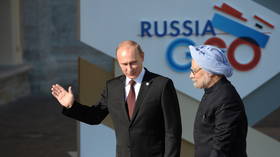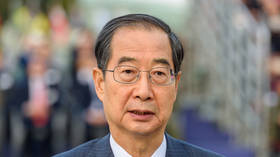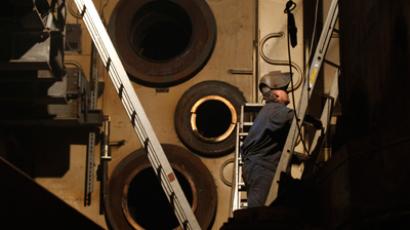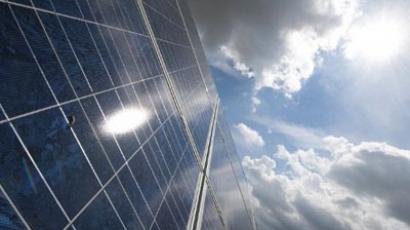Fukushima disaster hasn’t scared off global nuclear development
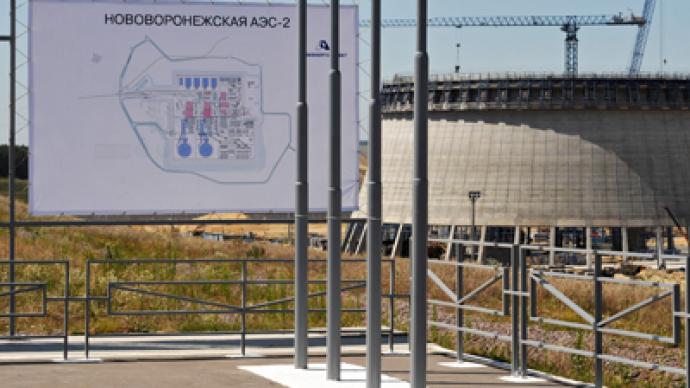
While some countries have shut down nuclear energy plants, others are investing in new power units. Rosatom says its ready to invest in the construction of the second nuclear power plant at Temelin in the Czech Republic.
Energy company Inter RAO UES has sent out its specialists to discuss possible options for new units, said the CEO of Rosatom Sergey Kirienko, as he spoke during one of the round tables at the St.Petersburg Economic Forum."We are ready not only to sell equipment to out the Czech Republic for a second unit at the Temelin nuclear power plant, we are ready to make investments,” he said, adding that the Czech side has already offered to participate in financing of the construction of the new units.The deadline for submitting technical tenders for the second unit at Temelin is July, 2.The head of "Rosatom" also mentioned the corporation is interested in the construction of nuclear power plants in the UK. "We are looking at a UK program, it is quite interesting and it includes fairly clear signals and guarantees for the company – either in the form of additional payments to a certain level profitability, or a guaranteed level of tariffs, " he added.Kirienko has also dismissed pessimism surrounding the predictions by some analysts that after the Fukushima disaster the number of newly built reactors becoming operational before 2030-2035 will halve . “Last year at the forum one major agency predicted a drop in capacity from 360 to 150 giga-watts. I’ve already seen a report by the World Nuclear Association and estimates by the IAEA. The figures they give is 300-340 giga-watts of new energy capacity, which is of course lower than what they predicted before Fukushima. But it’s not half, but it’s a decrease of just about 10 to 12 per cent,” says Kirienko. “I totally agree that the energy picture of the world has changed – some countries have decided to totally give up nuclear energy like we saw in Germany. On the other hand there are countries which have not only managed to keep the level of nuclear capacity after Fukushima, but also decided to build more nuclear units like the US, the UK, as well as countries which are new to nuclear energy and consider starting a large-scale nuclear energy development such as Turkey. So nuclear energy capacity hasn’t become significantly smaller, I would say it has become more geographically diversified.”




